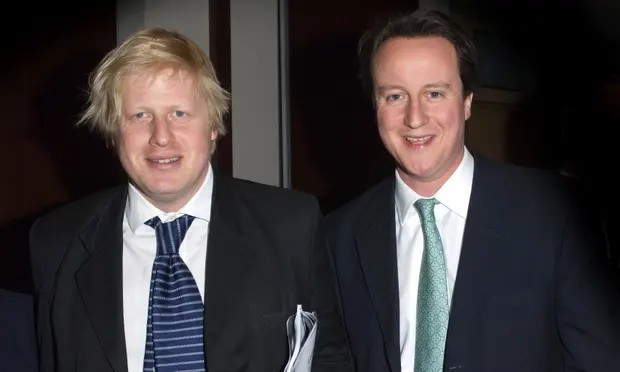Over the past fortnight, the news from Westminster has rather resembled a weird play about pre-revolutionary France, or Tsarist Russia circa 1916.
In some parts of the country:
- The rate of unemployment runs at 15%.
- Six million people are now reckoned to be on universal credit.
- In Birmingham this week, there’s lots of talk about the impossibility of finding work, and local businesses hanging on by their fingernails.
But every time I switched on the radio, I heard a twisted soap opera about money, taste (or the lack of it) and a prime minister [Boris Johnson] who is reportedly having difficulty getting by on £150,000 a year.
Boris Johnson’s alleged insistence that he was minded to “let the bodies pile high in their thousands” rather than impose another lockdown suggests a Bourbon or Romanov driven to exasperation by the necessity of difficult choices.
There is something similarly monarchical about the swift binning of the £2.6m Downing Street briefing room – further proof, it seems, that austerity need only worry the plebs.
As with David Cameron’s lobbying efforts on behalf of the financier Lex Greensill in apparent pursuit of a multimillion-pound payday, this is essentially a story about privilege, and the shamelessness and insensitivities that come with it.
Eton has long provided potent lessons in elitism and how it works. Musa Okwonga recalls prefects not being appointed by staff or elected by boys from their own year, but “chosen by the prefects in the year above. The result is that if a boy wishes to be socially prominent at school, there are only 20 people in the school whose approval he truly needs.” If most of Eton’s pupils are thereby deemed irrelevant, it is not hard to infer what this means for its most successful pupils’ view of the people beyond the school’s walls: Okwonga remembers them being nicknamed “lebs”. The real world seems to be all but superfluous: boarding schools, after all, are designed to operate in isolation from it.
Without convictions or consistency you get a government based on serial lurching, from U-turn to U-turn and crisis to crisis, which sooner or later has massive consequences. Brexit, let us not forget, is a direct result of the latter-day dominance of politics by the privately educated.
Moroever, because that dominance symbolises a very English mixture of nostalgia, deference and recklessness, it is part of the reason why the UK is now pulling apart; indeed, the fact that Johnson has been so hare-brained about arrangements in Northern Ireland is a vivid case study in the perils of entrusting matters of the utmost fragility to people whose basic unseriousness is not just toxic, but extremely dangerous.

Comments
No comments yet. Be the first to react!